Contributed by Kévin Dunglas in #40799.
The recommended way of processing Symfony forms is to use a single action for both rendering the form and handling the form submit. This is how it looks in practice: 1 2 3 4 5 6 7 8 9 10 11 12 13 14 15 16 17 18 19 20 21// src/Controller/ConferenceController.php // ...
[Route('/{id}/edit', name: 'conference_edit', methods: ['GET', 'POST'])]
public function edit(Request $request, Conference $conference): Response { $form = $this->createForm(ConferenceType::class, $conference);
$form->handleRequest($request);
if ($form->isSubmitted() && $form->isValid()) {
// do something with the $conference object
// (e.g. persist it in the database)
return $this->redirectToRoute('conference_show', [
'id' => $conference->getId(),
]);
}
return $this->render('conference/edit.html.twig', [
'form' => $form->createView(),
]);}
When using libraries such as Symfony UX Turbo this simple form handling is not enough and you have to follow the HTTP protocol strictly (e.g. if the form is submitted but invalid, the response must have a HTTP 422 status code). In order to simplify the form handling in those cases, Symfony 5.3 adds a new (optional) helper to handle forms. This helper is defined in the AbstractController base controller as a new method called handleForm(). This is how the previous example looks when using the new helper: 1 2 3 4 5 6 7 8 9 10 11 12 13 14 15 16 17 18 19 20 21 22 23 24 25// src/Controller/ConferenceController.php // ...
[Route('/{id}/edit', name: 'conference_edit', methods: ['GET', 'POST'])]
public function edit(Request $request, Conference $conference): Response { return $this->handleForm( $this->createForm(ConferenceType::class, $conference), $request, function (FormInterface $form) use ($conference) { // do something with the $conference object // (e.g. persist it in the database)
return $this->redirectToRoute(
'conference_show',
['id' => $conference->getId()],
Response::HTTP_SEE_OTHER
);
},
function (FormInterface $form) {
return $this->render('conference/edit.html.twig', [
'form' => $form->createView(),
]);
}
);}
The signature of the handleForm() method is: 1handleForm(FormInterface $form, Request $request, callable $onSuccess, callable $render): Response
Both $onSuccess and $render callables must return a Response object. This is how it works in practice:
if the form is not submitted, the $render callable is called; if the form is submitted but invalid, the $render callable is called and a 422 HTTP status code is set if the current status hasn’t been customized; if the form is submitted and valid, the $onSuccess callable is called (which is usually where you persist the data and return the 303 HTTP redirection).
Sponsor the Symfony project.http://feedproxy.google.com/~r/symfony/blog/~3/tgna0PcoiTE/new-in-symfony-5-3-form-handler-helper
Login to add comment
Other posts in this group
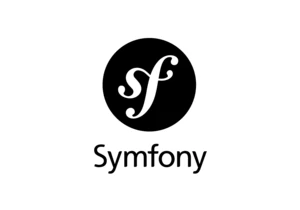
This week, Symfony 6.4.23, 7.2.8 and 7.3.1 maintenance versions were released. Meanwhile, the upcoming Symfony 7.4 version continued adding new features such as better controller helpers, more precisi
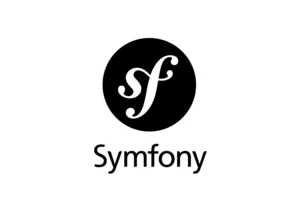
Symfony 6.4.23 has just been released. Read the Symfony upgrade guide to learn more about upgrading Symfony and use the SymfonyInsight upgrade reports to detect the code you will need to change in you
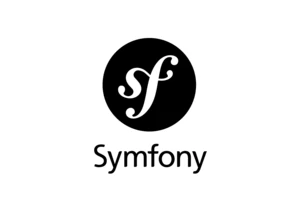
Symfony 7.2.8 has just been released. Read the Symfony upgrade guide to learn more about upgrading Symfony and use the SymfonyInsight upgrade reports to detect the code you will need to change in your
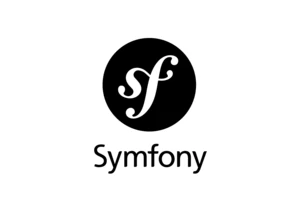
Symfony 7.3.1 has just been released. Read the Symfony upgrade guide to learn more about upgrading Symfony and use the SymfonyInsight upgrade reports to detect the code you will need to change in your
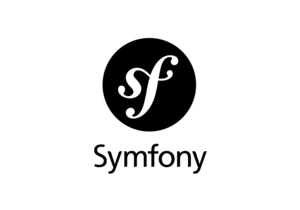
This week, development activity was intense, with many bug fixes in the maintained branches, numerous deprecation removals in the 8.0 branch, and new features added to the 7.4 branch, including tighte
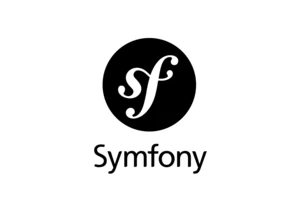
Thank you for joining us at SymfonyOnline June 2025!
What a great edition of SymfonyOnline we’ve just wrapped up! 🎉
We were thrilled to welcome 300 participants from 35 different countries—a
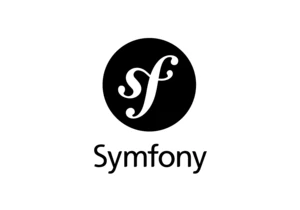
This week, Symfony celebrated the SymfonyOnline June 2025 conference with great success. Meanwhile, development efforts focused on improving invokable commands for the upcoming Symfony 7.4 version. Th
